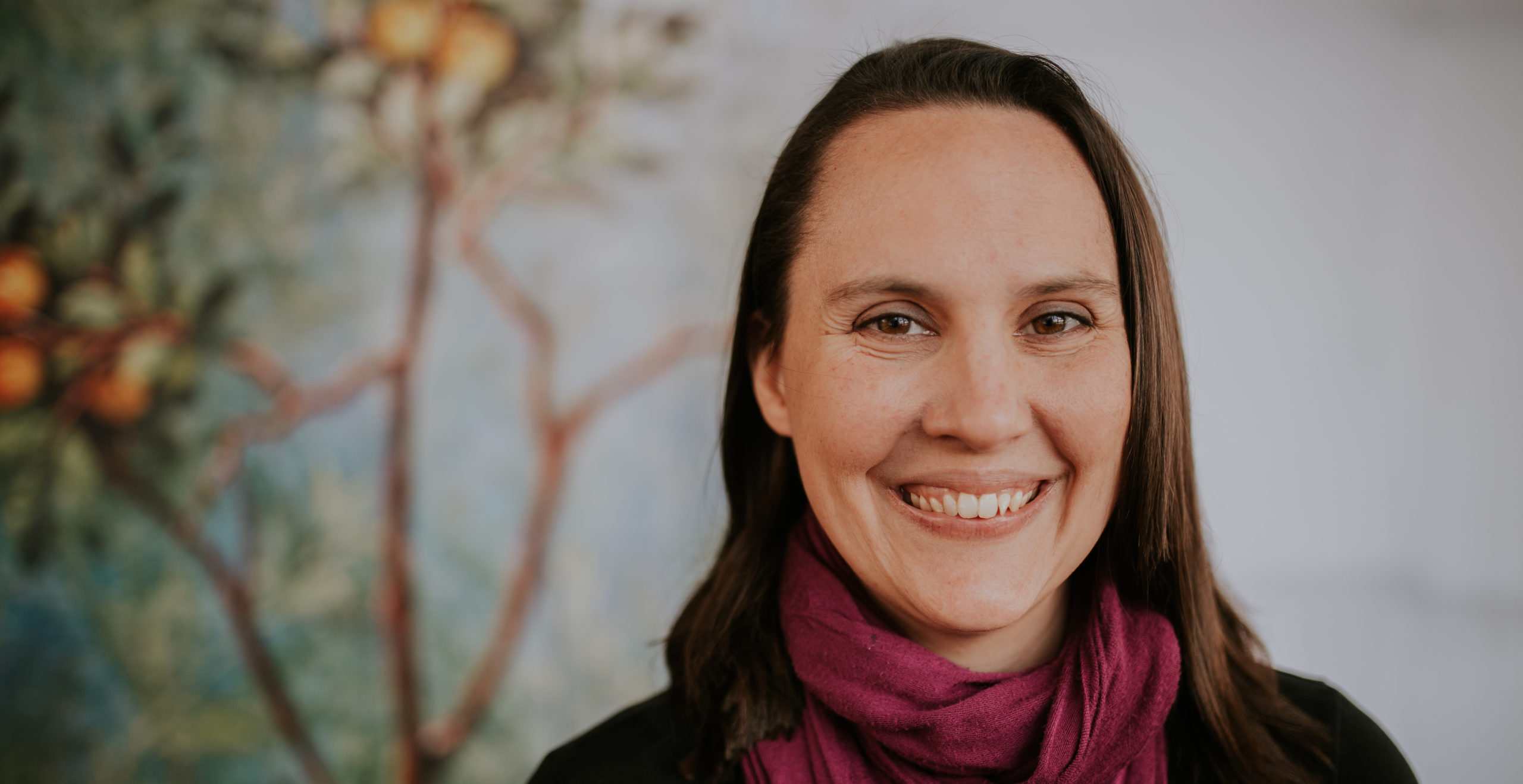
Q&A With Emily Macke, Writer Extraordinaire
August 31, 2018
This month Ruah Woods took a huge loss from our team. Yes, Emily Macke, the wonderful author of CALLED TO BE MORE, has left our Ruah family in order to better care for her own precious family. We were very blessed that Emily worked with Ruah Woods for eight years, and shared her love for youth, and eventually writing, with us. As a tribute to her dedication here, we asked Emily a few questions and wanted to share some of her responses.
Throughout your time here, what were some of the responsibilities you managed?
After eight years, I had a variety of roles at Ruah Woods. Here are some:
- Co-founded and led Kenosis: Teen Disciples for Love and Life with Courtney Brown. We worked together to determine how to create a formation/education opportunity for high school students rooted in Theology of the Body. Once Kenosis officially began on Sep. 14, 2010, we held meetings every other week and led an annual retreat and a summer outreach event.
- Assisted one of the Kenosis teens who wanted to plan a vocations pilgrimage walk throughout the Archdiocese of Cincinnati. In 2011, we had 10 teens and 5 adult chaperones walk 150 miles in one week, from Maria Stein, OH to St. Peter in Chains Cathedral, stopping at various parishes along the way.
- Learned a lot about event planning with the annual Ruah Woods banquet
- Many speaking engagements in high schools, colleges, parishes, Theology on Taps, etc.
- Maintained a blog – Unshakeable Hope – for years.
- Writing the high school curriculum, Called to be More.
What was your favorite part of working with Ruah Woods?
I saw St. John Paul II at his final World Youth Day in Toronto in 2002. Since then, I felt compelled to share his legacy in some way. Working at Ruah Woods has given me tremendous opportunities to do this by working with small groups of young people through Kenosis, giving talks. Also, being able to prepare and write the high school curriculum.
When Ruah Woods first began, there was nothing else like it in the country. It has been exciting to be part of this mission so close to its founding. (I was able to intern for the summer in 2009, which was the year Ruah Woods first opened its doors).
The greatest highlight of my time at Ruah Woods was definitely Kenosis. The teens who were involved were just incredible. It is amazing to watch how God was and is working in their lives. Attending the first wedding of a Kenosis alumni a few years ago was especially toughing. Now, there are so many alumni now in the seminary as well as working as teachers. Some are also youth ministers, or they are in various forms of ministry or mission work. Many of them say that their time in Kenosis was formative (along with their parish youth groups, family life, etc.). What a privilege to have been involved in their lives and to have had the opportunity to share things that have been formative in my own.
In writing the curriculum, I had a wonderful opportunity to delve more deeply into Theology of the Body and other writings of St. John Paul II. It was fascinating to research how Theology of the Body has implications for the way we understand Catholic Social Teaching, the sacraments, ecclesiology, etc.
What is your hope for the high school curriculum?
I hope that teachers and students are open to a deeper understanding of their identity in Christ. Truly, they are “called to be more,” and I hope that the curriculum not only gives the intellectual understanding of our fullest identity and call but also provides an opportunity for young people to enter a deeper relationship with Christ.
Is there anything that you would like to express to our readers?
One of the most common misunderstandings of Theology of the Body is that it is only a matter of sexual ethics. In reality, TOB is the understanding of what it means to be created body and soul in God’s image and likeness. This has profound implications for everything about our lives. It’s easy to say, “I know Theology of the Body. I’ve read it or about it.” But it’s really a lifelong task to come to know who we are.
Learning Theology of the Body also can’t take place in a vacuum. If it’s not in service to our relationship with Christ and the Church and bound up with a deeper understanding and love of them in general then something key is missing. This, of course, includes all of the richness of Scripture and 2,000 years of Church teaching. We can’t let Theology of the Body be our sole focus – our real focus has to be growing in holiness and living out our call to love in response to God’s love. Theology of the Body can have a profound impact on this, but it is not meant to be the be-all, end-all of the Christian life. The more we keep this in mind, the more truly helpful Theology of the Body can be.
Share